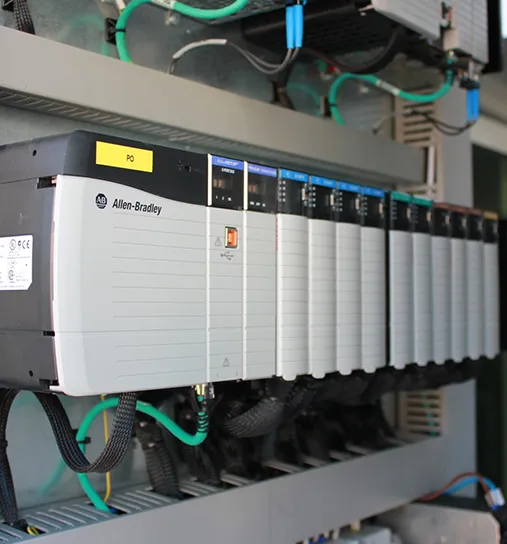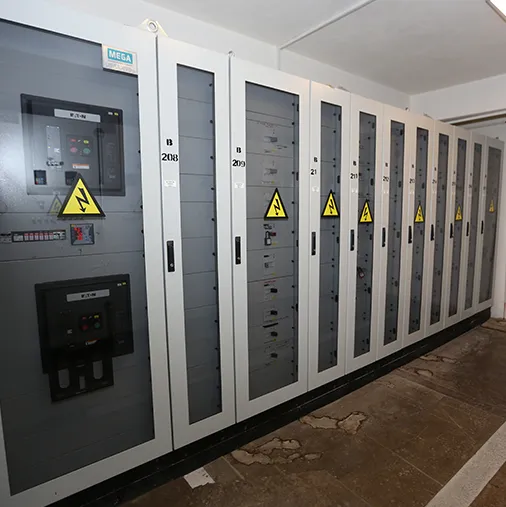What is industrial automation? Industrial automation is a technology that aims to minimize human intervention in all production processes and automates operations by using machines and control systems.
What is industrial automation? This system increases efficiency, speed, and quality in production while reducing costs and minimizing human error. Examples of areas where the system is used include factories, power plants, and mining.
What are Industrial Automation Technologies?
Industrial automation systems are technologies designed to minimize human intervention in production processes, carrying out the entire process through machines and control systems. With the integration of technologies such as robotic systems, artificial intelligence, and data analysis, production lines become active, and labor requirements decrease, ensuring consistency in product quality.
Industrial automation is used in high-production areas such as factories, power plants, and mining, providing significant advantages to businesses.
Industrial automation technologies employ various tools to facilitate automation in the production process:
- PLC
- SCADA systems
- Robotic arms
- Sensors
- Actuators
- Artificial intelligence algorithms
- Cloud-based solutions
Each of these technologies performs different tasks. For instance, PLC systems control the operation of machines on the production line, while SCADA systems handle data collection, analysis, and remote management. Industrial robots perform tasks like assembly and transport, and AI and machine learning algorithms contribute by analyzing historical data.

The main features of industrial automation technologies are as follows:
- Provide precision and control.
- Enable real-time monitoring.
- Programmable.
- Allow remote management and control.
- Facilitate predictive maintenance and fault management.
- Integrate easily with other systems.
- Provide energy efficiency.
All these features demonstrate the benefits of automation technologies for businesses. The factors that make automation technologies preferable include efficiency, safety, cost management, and flexibility.
Advantages of Industrial Automation Technologies
The main goal of automation systems and these technologies is to make production processes more efficient, safe, and flexible, creating a significant difference in the industry. Here are some of the advantages that automation technologies offer businesses:
These technologies speed up production processes, enabling more products to be produced in less time.
Processes are repeated with the same standards and accuracy through automation systems, providing consistency.
Automation systems optimize efficient work, energy management, and resource utilization, lowering costs and increasing profitability for businesses in the long run.
By performing hazardous tasks with the help of machines, these technologies minimize the exposure of workers to risks and reduce workplace accidents.
Advanced automation systems can easily adapt to other demands and new production needs, allowing faster changes and the production of new products.
These systems continuously collect new data through sensors and other data collection tools, which is crucial for optimizing and improving processes.

The Importance of Industrial Automation Technologies
The main purpose of automation technologies is to modernize production processes, providing efficiency and profitability for businesses. These systems optimize production processes and establish a foundation for sustainable growth.
One of the advantages of automation technologies for businesses is enabling increased efficiency and process optimization. Automated production processes allow for the production of more products.
Another advantage is cost savings, as these technologies optimize resource utilization, reducing costs.
With automation technologies, heavy or hazardous tasks are performed by machines, ensuring workplace safety. Especially in production areas involving chemicals, high temperatures, or dangerous environments, the deployment of robots protects employees from potential risks.
The ability to make data-driven decisions, flexibility, and rapid adaptability, energy efficiency, and environmental sustainability, along with competitiveness and long-term growth advantages, prepare businesses for digital transformation.
Investments in automation technologies provide significant long-term benefits to businesses.
For detailed information on industrial automation technologies and the advantages they offer businesses in the future, you can contact Mega Industry.
